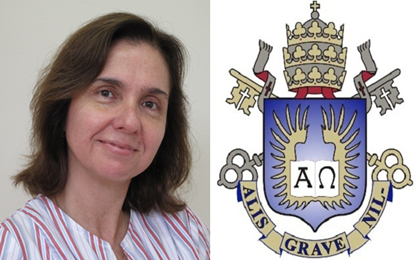
Invited Talk - Quantum-Inspired Neuro-Evolutionary Models and their applications

Wednesday, 05th November - 14.30h
Amphitheatre B.1
Guest Speaker: Professor Marley Vellasco
Pontificia Universidade Católica do Rio de Janeiro
Abstract:
“Recurrent neural networks (RNNs) are a class of neural networks that have connections between units that form a directed cycle. This arrangement of connections make RNNs exhibit a dynamic temporal behavior which is useful, for example, in problems where the use of a short-term memory is appropriate or required. The training of RNNs , though, can be time consuming and one of the approaches to improve the learning process is the use of evolutionary computation. With new techniques of quantum-inspired evolutionary computation for problems that use a numerical representation and which are capable of providing faster optimization times, the process of training the recurrent neural network weights by using these evolutionary methods is a natural step towards a better learning process. In this talk, we will show new methods based on quantum-inspired evolutionary optimization, for recurrent neural network training and neuro-evolution in general. The proposed quantum neuro-evolutionary algorithm can be applied to define not only the neural network weights, but also the best activation function for each processor, the best neural network topology, and the most relevant input variables.”
Short Bio:
Marley Maria Bernardes Rebuzzi Vellasco received the BSc and MSc degrees in Electrical Engineering from the Pontifical Catholic University of Rio de Janeiro (PUC-Rio), Brazil, in 1984 and 1987, respectively, and the PhD degree in Computer Science from the University College London (UCL) in 1992. Dr. Vellasco is currently Head of the Electrical Engineering Department of PUC-Rio and of the Computational Intelligence and Robotics Laboratory (LIRA) of PUC-Rio. She is the author of four books and more than 45 papers in professional journals, 300 papers in conference proceedings and 15 book chapters in the area of soft computing and mahine learning. Her research interests include Neural Networks, Fuzzy Logic, Neuro-Fuzzy Systems, Neuro-Evolutionary models, Robotics, and Intelligent Agents, applied to decision support systems, pattern classification, time-series forecasting, control, optimization and Data Mining.